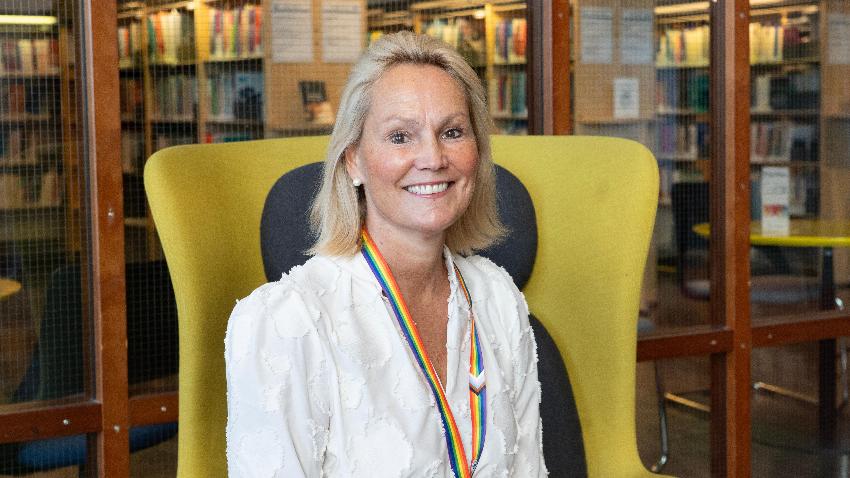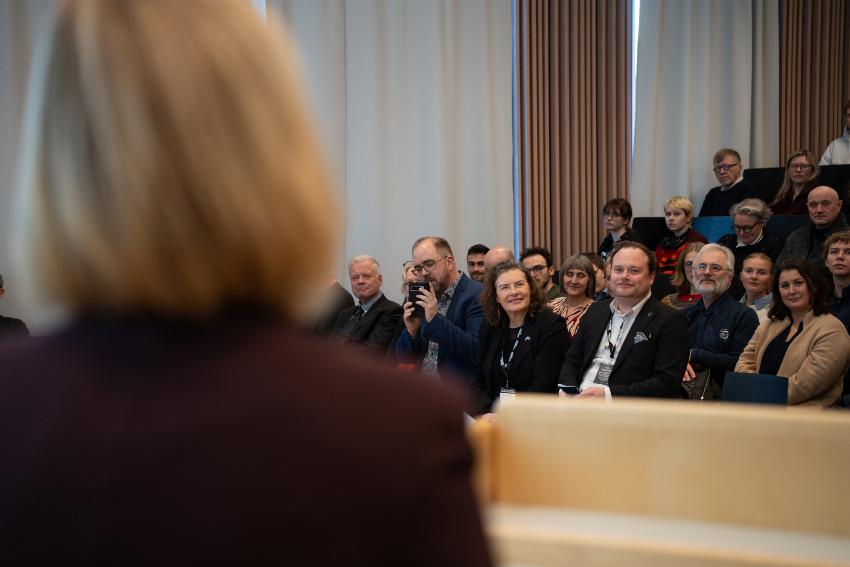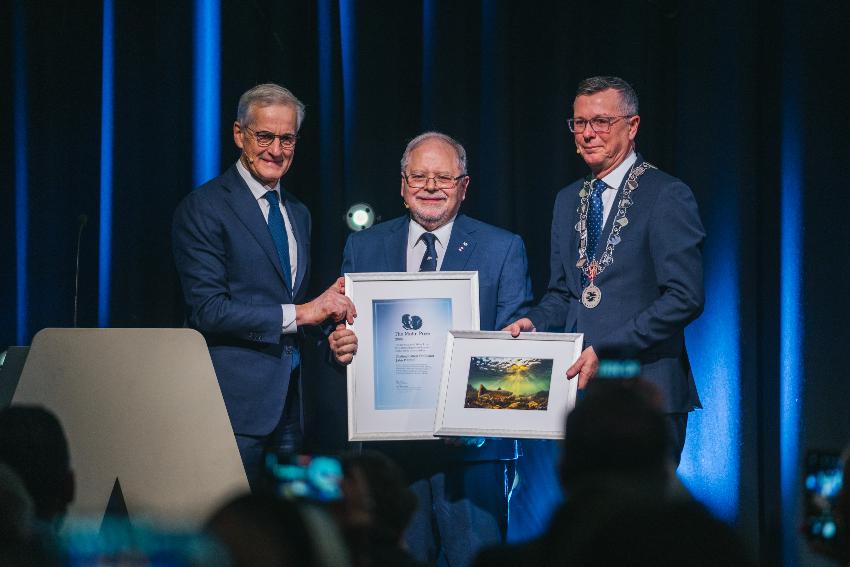Sustainable opportunities in Northern Tourism
Be welcome to apply for and attend Ph.D Course at the Department of Tourism and Northern Studies (Campus Alta) 17- 19th of March 2021
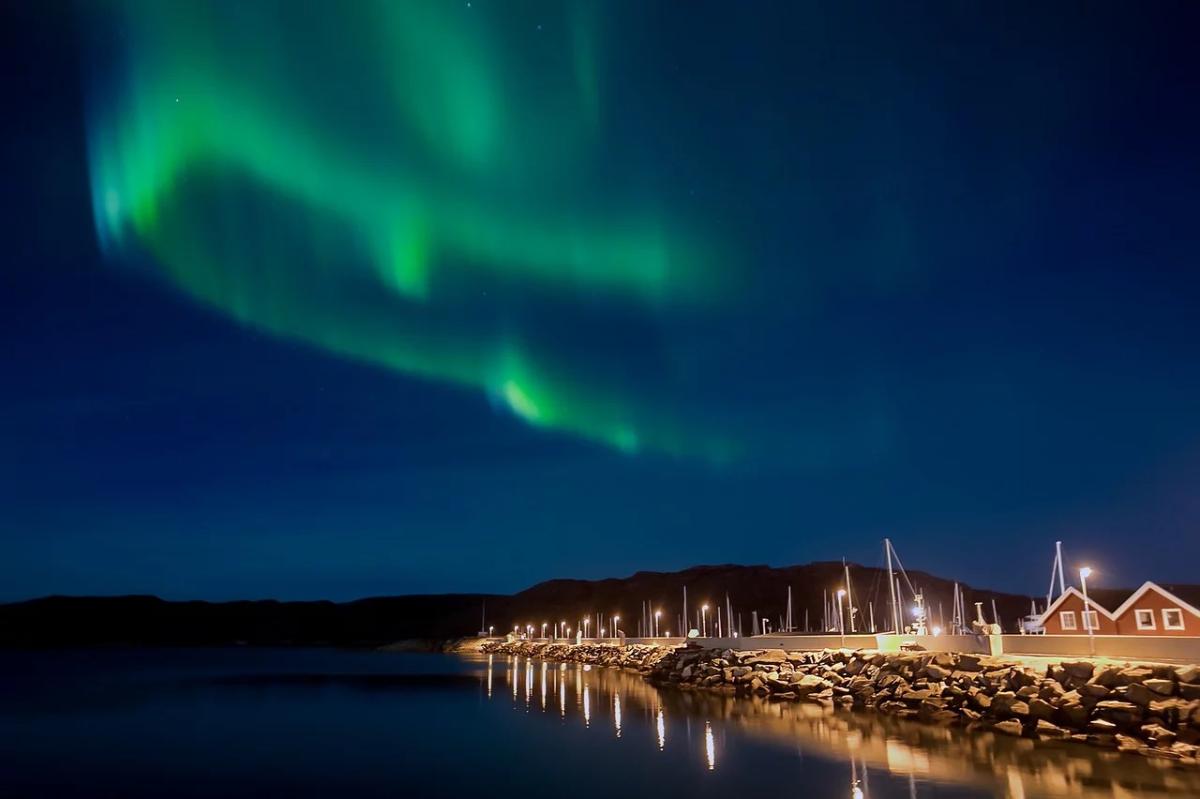
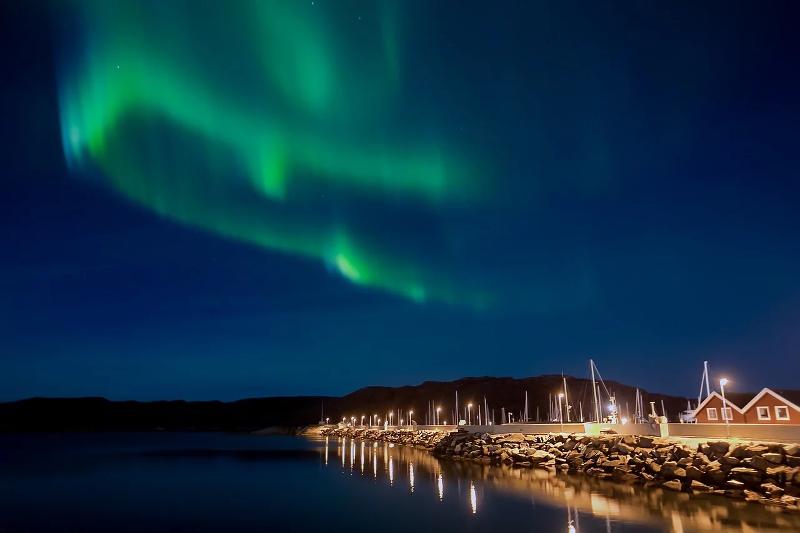
REI 8002 Sustainable opportunities in Northern Tourism Ph.D Course Department of Tourism and Northern Studies 17- 19th of March 2021
Due to the covid 19 situation the course will be organized as a combination of online and offline event. The PhD candidates as well as speakers will be given the option of participate in ways that fit best concerning their own situation.
Tourism is expanding rapidly all over the Circumpolar North Arctic with multiple implementation for nature, communities and human non-human relations. A range of tensions and conflicts emerge with this expanding tourism.
This course addresses the entanglement between tourism and sustainability. It focuses on how new economic activities – such as resource extraction and tourism – engage with environmental, cultural and social sustainability. What capacity building measures for sustainable livelihoods need to consideration, to meet the conflicting interests of indigenous populations, local communities and economic actors operating in the region?
How do industry actors, local communities, policy makers and other stakeholders manoeuvre economic development and the environmental strain of attending to climate change?
What role can research play in such situations of multiple tensions? The course explores both engagement and resistance, as well as remediation and heritage processes, and addresses opportunities co-creation of knowledge perspectives might offer in such complex dynamics.
This is a three days course, and requires literature studies beforehand entering the program. The course consists of lectures and a stakeholder workshop. Lectures will be given by scholars, from social and humanities studies that hold different positions within the theory of practice. In addition, a stakeholder workshop are part of the program – in order for students to have the opportunity of entering into knowledge dialogs that reflect an ambition of addressing co-production of knowledge.
Program:
17th of March 1300 Welcome and Introduction of all the participants. Student present 10 min paper suggestion.
1515 Assoc. Prof. Outi Rintala, University of Lapland. Sustainable opportunity in proximity tourism https://lacris.ulapland.fi/en/persons/outi-rantala(b6d6827a-85c4-4ae2-a1f3- 5fde148658fe)/projects.html 1545 Assoc. Prof. Brynhild Granås, UiT The Arctic University of Norway. Can it become more sustainable than this? Moving in the Arctic landscape with the companion of dogs (TBC) https://uit.no/om/enhet/ansatte/person?p_document_id=43506&p_dimension_id=247538 1615 Discussion/coffee
1645 Postdoc. Tarja Salmela, University of Lapland. How to do research on Nature bubble designed for Embodied Sleeping Experience. https://www.researchgate.net/profile/Tarja_Salmela 1730 Discussions and dinner at 2000 for those that have the possibility to participate
18th of March
0915 Assoc. Prof. Roger Norum, University of Oulu. The anthropocenic imaginary: political ecologies of tourism in a geological epoch. https://www.rexsac.org/researcher/roger-norum/
1000 Discussion/coffee 1100 Assoc. Prof. Berit Kristoffersen, UiT The Arctic University of Norway. Sustainability in the Blue Economy. https://uit.no/om/enhet/ansatte/person?p_document_id=80844&p_dimension_id=88153
1145 Prof. Anu Valtonen, University of Lapland. Walking with rocks – with care. https://www.researchgate.net/profile/Anu_Valtonen4
1230 Lunch
1330- 1600 Stakeholder workshop: How to become more sustainable and responsible…(TBC) Nedre Molisjok Fjellstue (Per Edvard Johnsen) Toward a concept of Sámi slow tourism Davvi Siida AS (Ellinor Guttorm Utsi) Nature is our Culture Nordnorsk Reiseliv Marketing Sustainable products of the Arctic Christine Hætta; Sámi Council Indigenous ethics and Working with academic in order to develop sustainable and responsible tourist practices
2000 Dinner for those that are on campus
19th of March
0915 Prof. Britt Kramvig, UiT The Arctic University of Norway. Stories of reconciliation Toward Collaborative ways of knowing. https://uit.no/om/enhet/ansatte/person?p_document_id=108052&p_dimension_id=247538 1000 Assoc. Prof. Roger Norum. Political ecology of Tourism: Sustainable Tourism on Svalbard
1100 Summing up and closing do Reading: Mary Mostafanezhad and Roger Norum, Political Ecology of Tourism. Journal of Sustainable Tourism vol. 27 2019 https://www.tandfonline.com/toc/rsus20/27/4?nav=tocList Ren, Carina; Introduction. Tourism, nature and morality Jóhannesson & Van der Duim 2018. Cocreating Tourism Research Toward Collaborative ways of Knowing. London & New York: Routledge.
Nordic Council of ministers A review of Policy Instruments in the Nordic Countries https://www.academia.edu/36951770/Tourism_nature_and_sustainability_A_REVIEW_OF_POLICY_INSTRUMENTS_IN_THE_NORDIC_COUNTRIES
Grimwood, B. S. R., Caton, K., & Cooke, L. 2018. (pp 1-12). In New moral natures in tourism. Routledge.
Rantala, O. 2019. With the rhythm of nature: Reordering everyday life through holiday living. In Halkier, H., James, L. & Ren, C. (Eds.)
Theories of practice in Tourism. Routledge. 58-76. Salmela, T., Valtonen, A., Miettinen, S. 2016/2017. An Uncanny Night in a Nature Bubble: Designing Embodied Sleeping Experiences. In Fesenmaier, D. R., Xiang, Z. (eds.) (2017) Design Science in Tourism: Foundations of Destination Management (Tourism on the Verge) 1st ed. 2017 Edition. Springer International Publishing Switzerland 2017.
